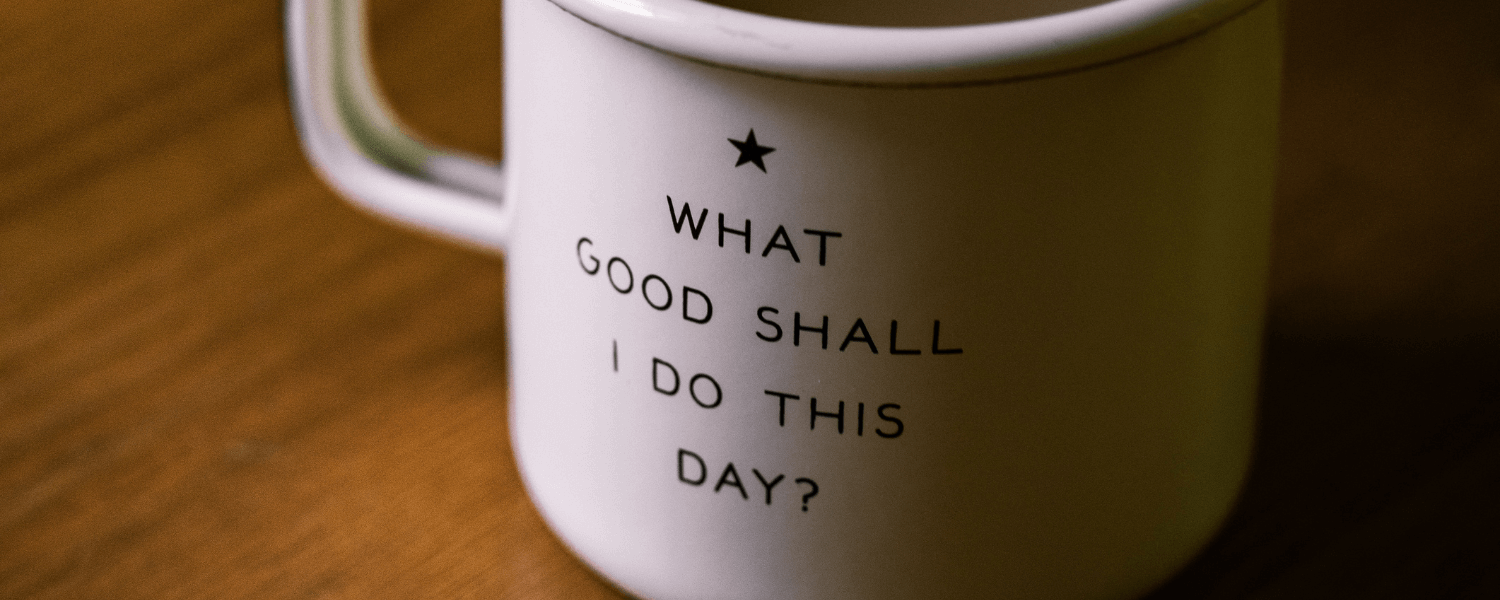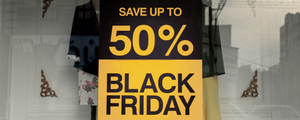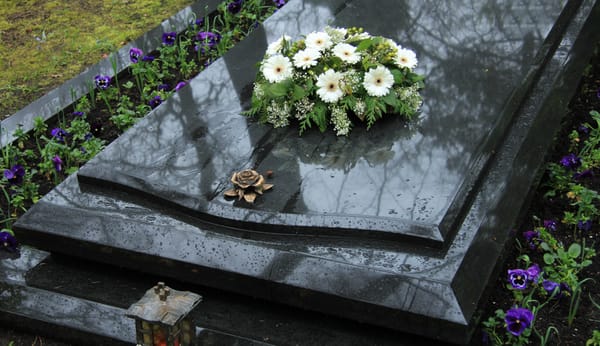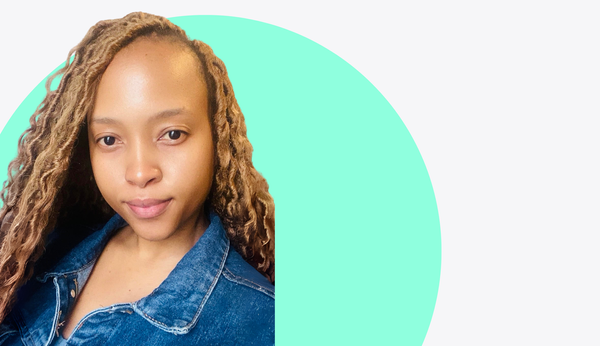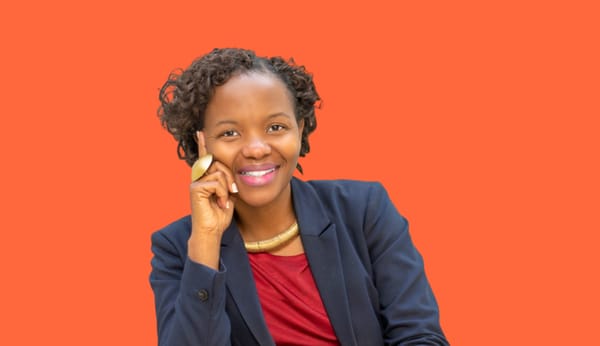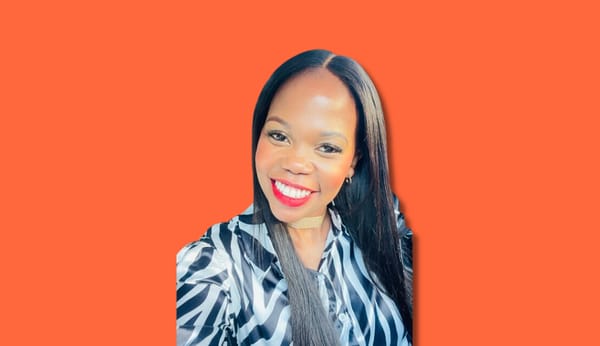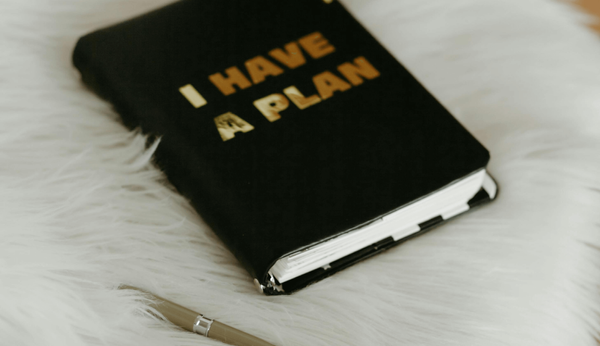“We are what we repeatedly do. Excellence, then, is not an act, but a habit.” Will Durant
You might just be starting your financial journey with your first paycheque. Or maybe you're finding ways to improve your existing money situation. Whichever it is, picking up a few small, but good, money habits can be an easy and sustainable way to impact your financial well-being. We asked the Franc team what good money habits actually stuck with them and worked magic on their balances, and here’s what you can learn from them to help you take control of your finances and set yourself up for financial freedom.
1. Automate Your Savings
For Anneke, our UI Designer, having an automatic stop order set up that deposits a small amount each month into her Franc portfolio helps her squirrel away for her emergency fund. And by small, we mean really small: she puts away just R100 – an amount she technically doesn’t ‘feel’ when payday hits. Small habits build up, and this habit creates a disciplined approach to saving for emergencies, which – according to Anneke – can save your bacon a few times.
2. If You’re a Freelancer, Stash Your Tax Away With Each Paycheque
According to Lyndall, our Chief Financial Officer, if you're a freelancer or a side hustler, it’s good practice to put money aside for your tax. Some employers or clients don’t deduct tax from their payments, so it becomes your responsibility to pay SARS that twice-a-year provisional tax. Lyndall’s habit has been to put away 25-30% of each of her earnings into her Franc Money Market fund, a low-risk investment option for her inevitable tax payment day.
3. Pay Off Your Credit Card Every Month
In a world where we’re all just trying to improve our financial well-being, credit cards have become both a convenient tool and a potential trap. However, there’s always a way to beat credit cards at their own game and emerge as savvy consumers. Tom, our CEO and co-founder, has a habit of paying off his credit card down to zero every month, no matter what the balance is. This way, he enjoys the benefits of free working capital without paying interest.
4. Pay Yourself Before Your Other Expenses
Justine, our social media guru, prioritizes paying herself first. Once all her debit orders go off after payday, she immediately deposits into her investment accounts. That means she plans her expenses around her savings, and not the other way around. This practice gets you into a habit of prioritizing your long-term financial goals and future wealth accumulation over immediate consumption and instant gratification.
5. Master Your Personal Cash Flow
My favourite money habit is tracking my expenses on one convenient and comprehensive spreadsheet. I am no accounting geek, but there are financial templates and journals for everything, so I use those. My financial journal consists of all my goals, milestones, and a list of financial mistakes to never be repeated, with a big bold “Don’t Do It” title at the top of the page. I create my budget, have my retirement calculator, and an investment tracker all on one sheet. This has allowed me to understand my income, expenses, and helps me make informed decisions about my spending. It also helps a great deal that the Franc app has a dashboard I can always access to see my portfolio, so it’s easier to get that information for my monthly investments tracking.
6. Upgrade Your Savings, Not Your Lifestyle
Cassidy’s one money habit that has always stuck since she started working for pocket money as a kid was putting away any little bit that was left over after the things she needed or wanted. Although this changed from month to month, our growth lead just loved seeing the savings accumulate and it built a good savings habit. What she’s since learnt to do is to pay a dedicated amount (10-30% of income) into her savings or investments first, and increase that savings amount in proportion with every salary increase.
Hear Us Out
Building good money habits is a gradual process that requires consistent effort and commitment. Starting slow and steady by implementing these 6 practices into your daily life to improve your financial well-being. Also, what better way to live your best stress-free life than having your finances in check?


